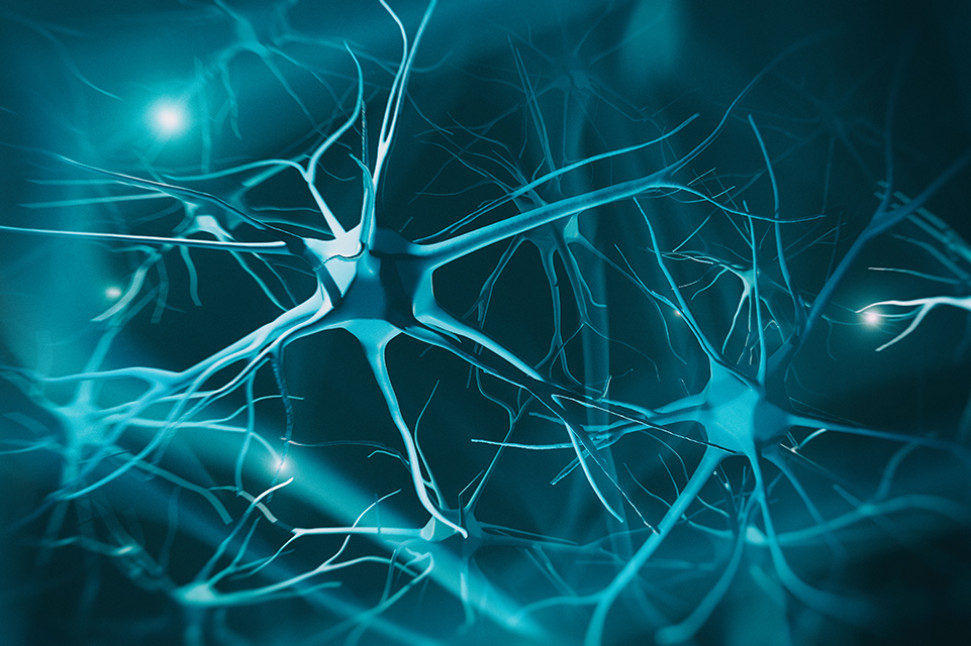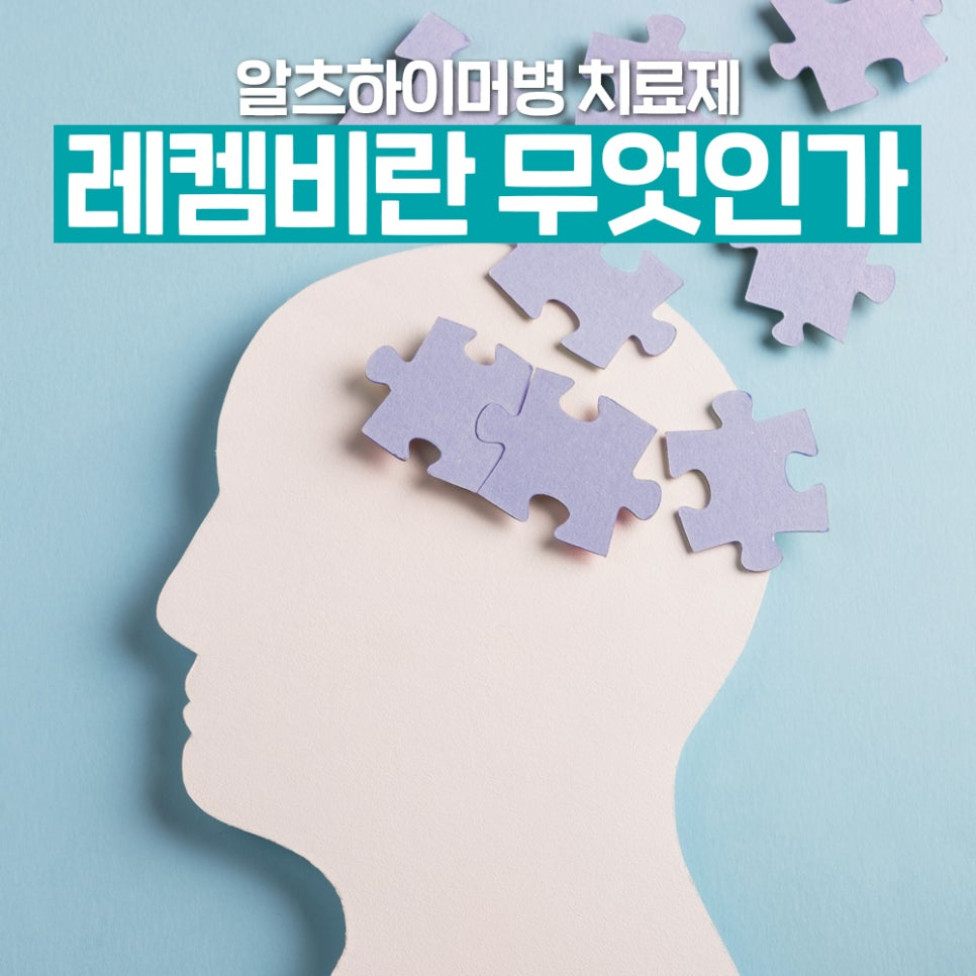Leqembi: A New Alzheimer's Treatment – What You Need to Know

Alzheimer's Treatment 'Leqembi': What Kind of Drug Is It?
With South Korea on the cusp of becoming a super-aged society, the number of dementia patients is increasing significantly. According to the Central Dementia Center, it is projected that 1 in 6 elderly individuals will be dementia patients by 2050. Amidst this trend, 'Leqembi' (generic name: lecanemab), a treatment for Alzheimer's disease, one of the leading causes of dementia, has received marketing authorization from the Ministry of Food and Drug Safety and has been officially launched in South Korea. Leqembi is a treatment that directly removes amyloid-beta proteins, the primary causative agent of Alzheimer's disease, and is expected to slow the progression of dementia in a different way than existing medications.
What is Alzheimer's Disease?
Alzheimer's disease is a degenerative neurological disorder in which brain nerve cells gradually die as abnormal proteins (amyloid-beta and tau proteins) accumulate in the brain. 'Degenerative' refers to the progressive onset of symptoms as cells are damaged with age. Alzheimer's disease is the most common cause of dementia, accounting for 50-60% of all dementia cases.
How is Alzheimer's Disease Currently Treated?
Alzheimer's disease progresses through a combination of amyloid-beta, tau proteins, and neuroinflammation. In the early stages, amyloid and tau proteins undergo changes, leading to neuroinflammation, which ultimately affects nerve cells, causing brain shrinkage and memory loss.
Current treatments do not directly affect these mechanisms. Instead, they primarily focus on increasing the concentration of a substance called 'acetylcholine,' which becomes deficient in the brain as the disease progresses. While these treatments can alleviate symptoms and, in some cases, temporarily improve memory, they do not address the underlying causes, such as amyloid, tau, and neuroinflammation.
If the fundamental causes are not addressed, what is the role of existing dementia drug treatments?
Current dementia medications should be understood from a perspective similar to that of managing hypertension or diabetes. They manage the disease rather than eliminate it. While existing dementia drugs do not directly resolve the underlying causes of dementia, they can alleviate symptoms to some extent by supplementing the reduced levels of acetylcholine in the brain, potentially delaying the onset of severe dementia symptoms.
Additionally, some dementia medications can reduce not only memory loss but also behavioral problems (delusions, hallucinations, agitation, anxiety, etc.). Although the effectiveness varies from patient to patient, this can be a meaningful aid in alleviating symptoms that place a significant burden on patients, caregivers, and neighbors.
How does Leqembi differ from existing treatments?
Unlike existing treatments, Leqembi works by directly removing amyloid-beta abnormal proteins. Clinical trial results have shown that amyloid abnormal proteins in the brain were reduced in approximately 80% of patients, which may lower the likelihood of progressing to severe dementia. However, it is not a drug that improves memory, which is a point of confusion for patients and caregivers who often ask, 'Why doesn't it improve things if the cause is being removed?'
Amyloid acts as a trigger, initiating a series of pathological processes in which amyloid abnormal proteins cause the modification of tau proteins, leading to neuroinflammation, brain shrinkage, and memory loss. This process is known to begin 10 to 20 years before symptoms are felt. Unfortunately, drugs that treat tau and neuroinflammation are still in the development stage. Therefore, while Leqembi directly addresses the cause of the problem, it only solves part of the overall problem.
Which patients are eligible for Leqembi?
To be eligible for Leqembi, patients must first be diagnosed with Alzheimer's disease and be in the mild cognitive impairment to early dementia stage. Cognitive impairment due to other causes is not eligible. Furthermore, individuals with normal cognitive function or moderate to severe dementia are not eligible. These criteria are in place to minimize side effects and ensure the drug is used safely in patients who are likely to benefit from it.
Leqembi is administered via intravenous infusion every two weeks. The treatment period is a total of 1 year and 6 months and may be extended in some cases depending on test results. Each intravenous infusion takes about 1 hour, and after the first infusion, patients are monitored for about 3 hours for any adverse symptoms. Subsequent infusions require observation for 2 hours after the 2nd and 3rd infusions, and 30 minutes after the 4th infusion and beyond.
When will the treatment effects become apparent?
It is best to discuss treatment effects based on the clinical trials that support the drug. Tests were conducted at 3, 6, 12, and 18 months after administration. A reduction in amyloid-beta protein was observed from 3 months, and a significant difference in cognitive function was observed from 6 months compared to the group that did not receive the drug.
Treatment effects vary from patient to patient, and cognitive function may not improve. Because it slows down the decline compared to untreated patients, the difference may not be noticeable to the patient or caregiver. However, amyloid-beta protein, which is the cause of the disease and a factor in future deterioration, is clearly reduced from the initial 3 months.
Are there any side effects to be aware of?
There are two main side effects to be aware of. The first is infusion-related reactions, with about 1 in 4 patients experiencing various symptoms such as fever, headache, and hives during the initial treatment phase. It is recommended to monitor patients for adverse reactions for 3 hours after the first infusion to check for this. The second is the risk of brain edema and hemorrhage (ARIA), which can occur in some patients 3-4 months after treatment.
In many cases, these side effects are mild, but some patients may experience severe side effects that leave serious aftereffects, such as altered consciousness or seizures. To prevent these, a total of 4 brain MRI scans are recommended before and after treatment.
"Leqembi is a new drug developed through the dedication of researchers, numerous patients, and caregivers in clinical trials worldwide.
Because it is a drug with clear advantages and disadvantages, it must be used effectively and safely in consultation with a specialist.
Regardless of whether or not a new drug is administered, existing medications, cognitive activities, and physical activities are continuously necessary.
Even if daily life is difficult and arduous and the treatment effect is not immediately visible,
I hope you will continue treatment steadily."
- Professor Lim Jae-sung, Department of Neurology, Asan Medical Center, Seoul -






Source :https://blog.naver.com/amc_seoul/223900891235
No comments yet.
